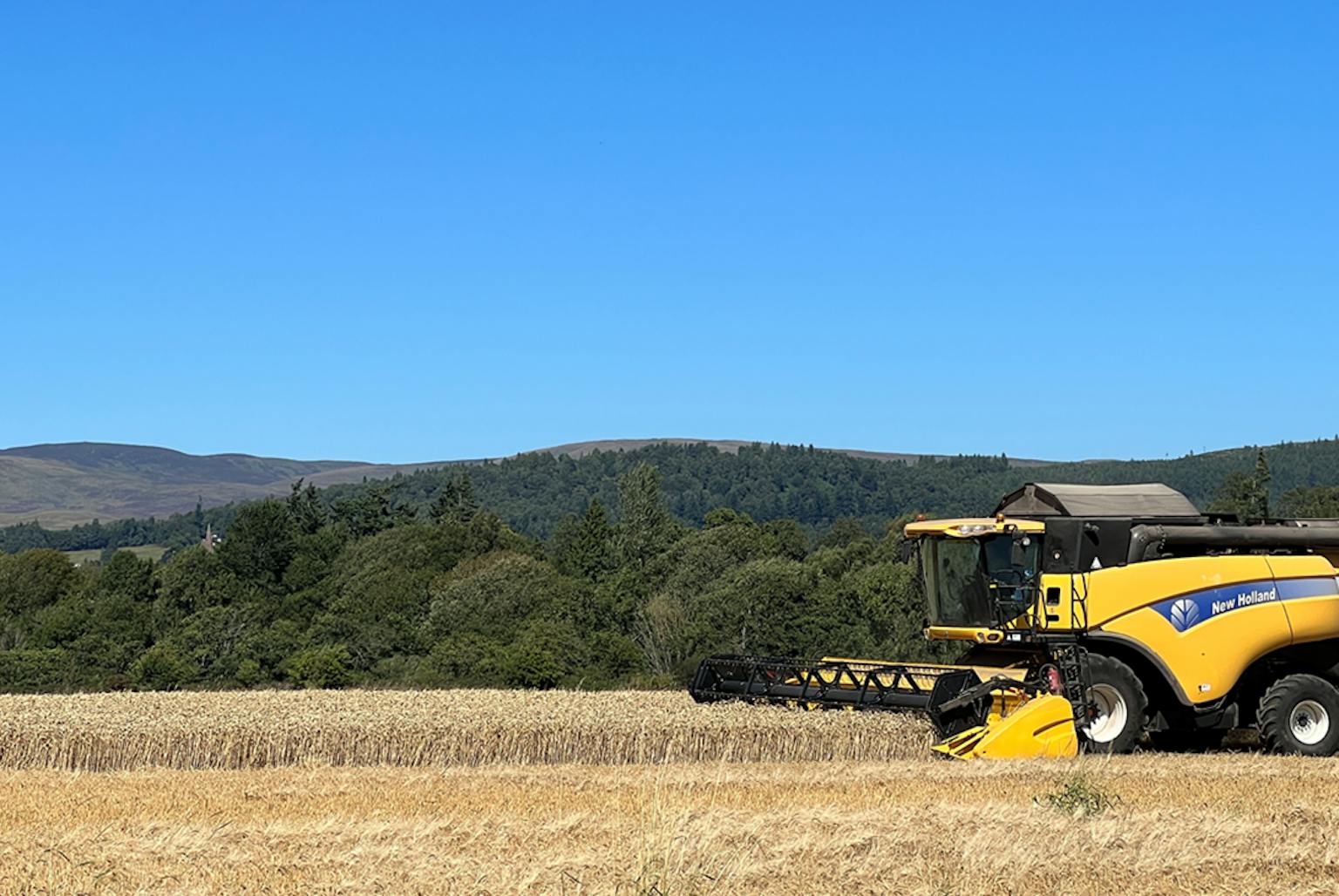
ClimateXChange: Decarbonisation of mobile agricultural machinery
Decarbonising agricultural machinery
Scotland's centre of expertise on climate change, ClimateXChange commissioned LUC to produce an evidence review into the options for decarbonising agricultural machinery in Scotland.
Agricultural machinery contributes around 5-10% of Scottish agriculture’s greenhouse gas emissions.
Informing Scotland’s Climate Change Plan
The Scottish Government’s Climate Change Plan update sets a target to reduce agricultural emissions from 2018 levels by 31% by 2032. This is nearly four times faster than what has been achieved up to now.
Energy use from static and mobile agricultural machinery has increased by 14% since 2008, according to 2022 estimates by the Climate Change Committee.
The decarbonisation of machinery could play a key role in Scotland’s transition to net zero by 2045.

Guiding future policy development
There is a lack of reliable data on emissions from mobile agricultural machinery. There is also little guidance on the options, costs and pathways to decarbonising this sector.
LUC’s experts conducted a thorough evidence review to address this evidence gap and inform future policy development.
Gathering evidence for future fuel use
The study compared the suitability of biodiesel, biomethane, battery electric vehicles (BEV) and hydrogen to power mobile machinery.
It concluded that, in the short term, biomethane and biodiesel may be the favoured alternative fuel option.
BEV and hydrogen options will be the preferred technologies in the long term, as the technologies mature. A mix of alternative fuels will likely be needed.














